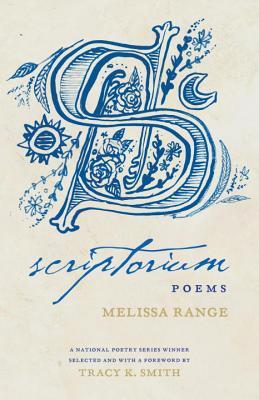What do you think?
Rate this book


96 pages, Paperback
Published October 18, 2016
When I left my mountain home to hitch
to cities, I became a hick,
my skiff of twang scuffing the air,
breaking on scoffers’ ears like ships
busting on rocks. (25-29)
The old people said “flitter.” They didn’t live to see
God’s own mountain turned
hazard-orange mid-air pond,
A haze of waste whose brightness rivals heaven. (21-24)
You can hit hit
like a nail on the head,
and sometimes hit
hits back. (27-30)